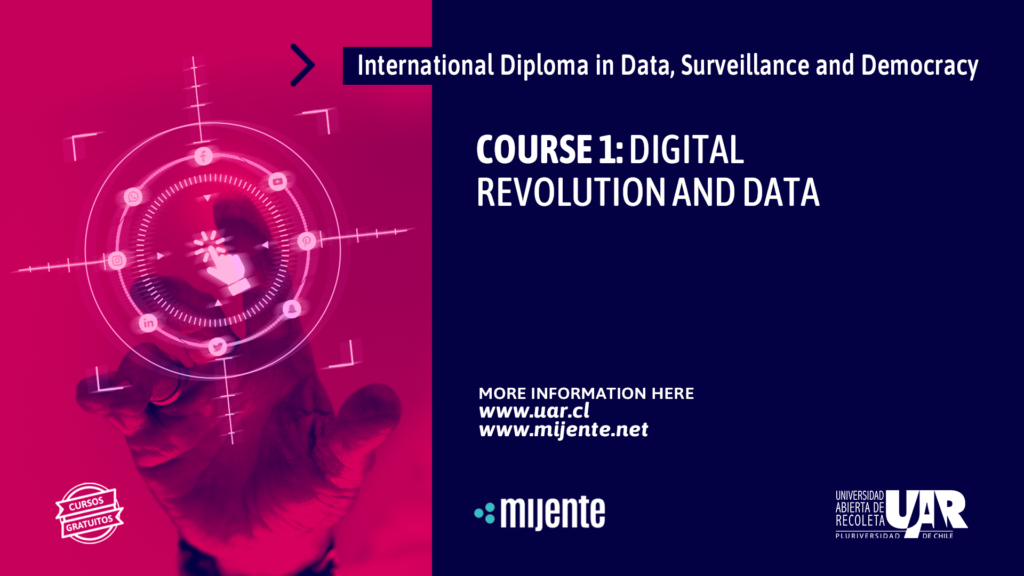Digital revolution and data economy
The Universidad Abierta of Recoleta, together with the MIJENTE organisation, presents the course Digital Revolution and Data Economy. This one, together with the courses Social networks, False News and Democratic Crisis, Rebellion against technology at the service of Surveillance and Real Utopias: what do we do with digital technologies? make up the International Diploma in Data, Surveillance and Democracy.
MIJENTE is a non-profit organisation originally from Chicago, United States, established as the political home for Latino and Chicano people who seek racial, economic, gender and climate justice.
This academic program addresses the transformation of the internet from its inception, data colonialism and corporate data monopolies, technology and surveillance, and how social movements are coping with this new landscape. The new global economy based on data affects people’s access to information and, therefore, to democracy itself. As corporations and law enforcement agencies have increasing access to physical and digital surveillance tools, communities are also changing and finding new ways to fight for change.

You will comprehensively analyse the current «data hegemony» and its instrumentalisation at the service of the neoliberal order.

Academics, social organisers and people interested in surveillance. Minimum age: 15 years.

Since these courses are carried out remotely and asynchronously, there is no maximum number of places for them; however, blackout dates have been set to sign up for each one.

The course will be co-certified by the Universidad Abierta of Recoleta and MIJENTE, as long as the approval requirements are met.

This course has no cost of any kind for the participants.
Registration process
From Tuesday April 25 to Wednesday July 12, 2023 until 23:59 (Chile hour).
Course start date
Thursday, June 22nd, 2023 from 5:00 p.m. in Chile.
Course duration
5 weeks.
Estimated dedication time per week
6 hours.
Language
English.
Platform
UAR Digital
Approval requirements
To obtain the certificate of approval, you must submit the final project in week 5.
Teachers and experts
 Academic of the International Academy of Cybernetics and Systems Sciences (IASCYS) and former Professor of Systems and Cybernetics at the University of Lincoln (United Kingdom). President of the World Organisation of Systems and Cybernetics and president of its world congresses in 2014 (Colombia), 2017 (Italy) and 2020/21 (Moscow online). From 1971 to 1973 he was the operational director of the Chilean government’s CYBERSYN project for the management of the country’s industrial economy, under the scientific direction of Professor Stafford Beer.
Academic of the International Academy of Cybernetics and Systems Sciences (IASCYS) and former Professor of Systems and Cybernetics at the University of Lincoln (United Kingdom). President of the World Organisation of Systems and Cybernetics and president of its world congresses in 2014 (Colombia), 2017 (Italy) and 2020/21 (Moscow online). From 1971 to 1973 he was the operational director of the Chilean government’s CYBERSYN project for the management of the country’s industrial economy, under the scientific direction of Professor Stafford Beer.
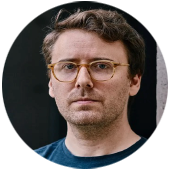
Writer and co-founder of Logic Magazine, a magazine focused on communication technologies and their impact on society. He writes about it in outlets such as Jacobin, The Guardian and The New York Times. Recently, he has published the book ‘Internet for the people’ (Verso, 2022), where he explains how the internet, an invention of American public institutions, has become an «online shopping center» whose infrastructure is controlled by «rentiers» and proposes a «de-privatisation» that unleashes the full potential of the network.
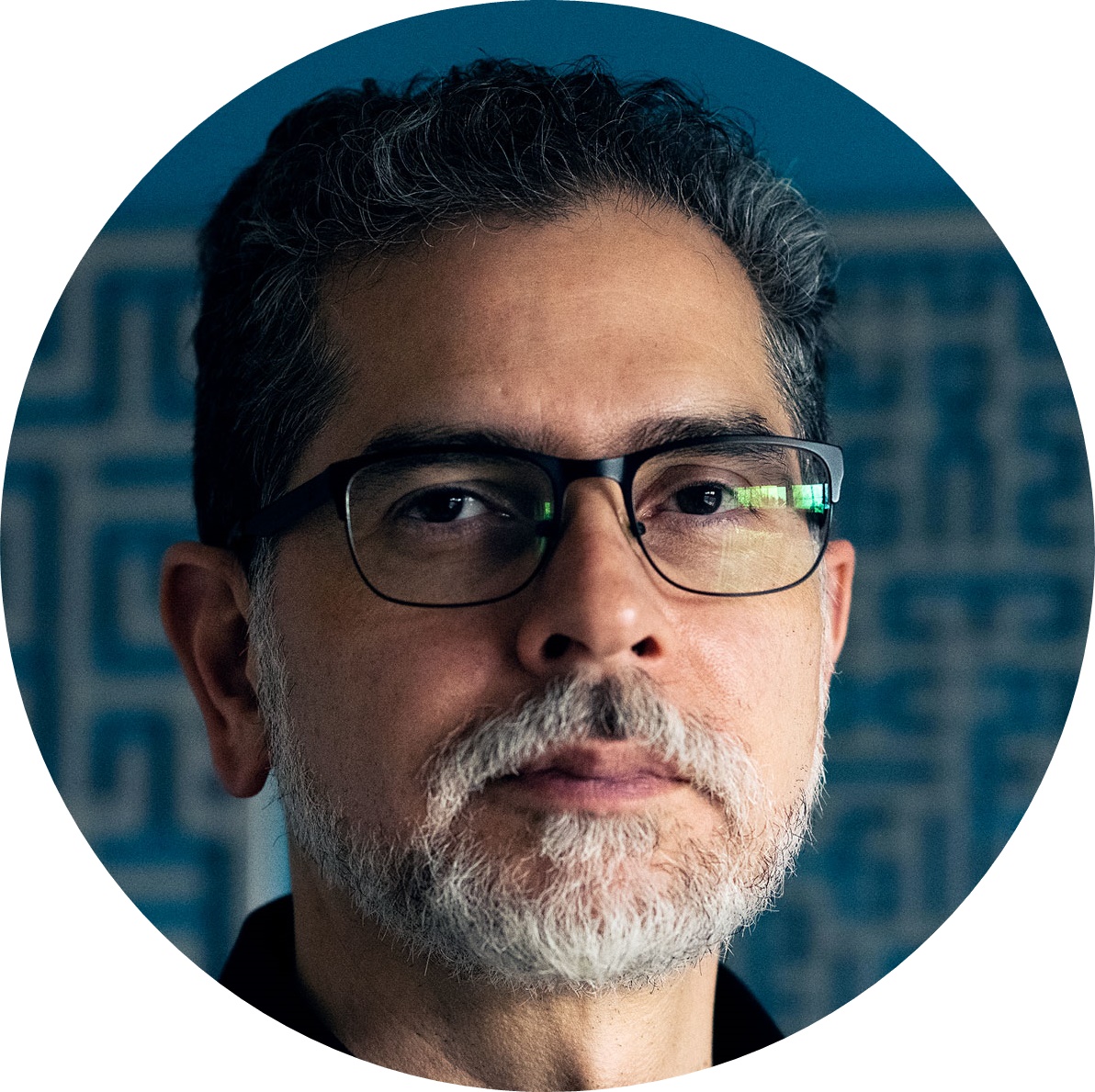
Professor at the State University of New York at Oswego. His research interests include critical data studies and the political economy of digital media. He is co-founder of Tierra Común (tierracomún.net), a network of activists, educators and academics working for the decolonisation of data. His most recent book (co-authored with Nick Couldry) is «The Costs of Connection: How data is colonising human life and appropriating it for capitalism.» He serves on the board of directors of Humanities New York, and has been named a Fulbright Specialist from 2021 to 2025.
 Professor of African American Studies at Princeton University, founding director of the Ida B. Wells JUST Data Lab and author of three books, ‘Viral Justice’ (2022), ‘Race After Technology’ (2019), and ‘People’s Science’ (2013), and editor of ‘Captivating Technology’ (2019). She writes, teaches and speaks widely on the relationship between innovation and inequality, knowledge and power, race and citizenship, health and justice.
Professor of African American Studies at Princeton University, founding director of the Ida B. Wells JUST Data Lab and author of three books, ‘Viral Justice’ (2022), ‘Race After Technology’ (2019), and ‘People’s Science’ (2013), and editor of ‘Captivating Technology’ (2019). She writes, teaches and speaks widely on the relationship between innovation and inequality, knowledge and power, race and citizenship, health and justice.

Graduated in Anthropology, his area of research is a mixture of traditional and cybernetic ethnography, and he has received grants from the Social Science Research Council and the National Telecommunications and Information Administration. Associate Professor of Journalism and Media Studies at the Rutgers School of Communication and Information, and co-director of the Mic Center.
 Professor at the CUNY School of Law. She also has a master’s degree in librarianship and legal information management and a certificate in environmental law. Her research focuses on the law and politics of information. She also works on data justice projects ranging from open government to personal privacy. She researches and writes about access to information, surveillance and privacy, and informational capitalism. She is writing a book on data analytics companies titled ‘Data Cartels’ (Stanford University Press).
Professor at the CUNY School of Law. She also has a master’s degree in librarianship and legal information management and a certificate in environmental law. Her research focuses on the law and politics of information. She also works on data justice projects ranging from open government to personal privacy. She researches and writes about access to information, surveillance and privacy, and informational capitalism. She is writing a book on data analytics companies titled ‘Data Cartels’ (Stanford University Press).
MIJENTE academic coordination
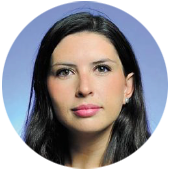
Mijente campaign organiser. She leads the #NoTechforICE campaign. Previously, she worked at PODER in Mexico, organising the Sonora River basin committees against water pollution by the mining industry. She was the main organiser of the Labours Congress for the New Orleans Workers’ Center for Racial Justice (2007-2014). In Louisiana, she helped establish a political base of undocumented day laborers and families dedicated to building worker power, promoting racial justice, and organising against deportation in post-Katrina New Orleans.
 Based in Chicago, IL, Cinthya Rodríguez is a national organiser for the No Tech for ICE campaign and Mijente, a political home and national organising center for Chicano and Latino people. Previously, she served as the Organising Director of the United Workers Center where she organised low-wage immigrant workers on the southeast side and the southern suburbs of Chicago. Additionally, she has organised locally around ethnic studies and served as a community educator and interfaith organiser.
Based in Chicago, IL, Cinthya Rodríguez is a national organiser for the No Tech for ICE campaign and Mijente, a political home and national organising center for Chicano and Latino people. Previously, she served as the Organising Director of the United Workers Center where she organised low-wage immigrant workers on the southeast side and the southern suburbs of Chicago. Additionally, she has organised locally around ethnic studies and served as a community educator and interfaith organiser.
Universidad Abierta of Recoleta academic coordination
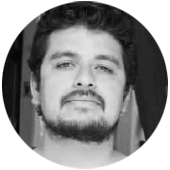
Graduated in Audiovisual Communication, Audiovisual Communicator with a specialty in screenplay for film and television, and Diploma in Transmedia from the University of Arts, Sciences and Communication. Diploma in Film Script from the University of Chile. Current academic assistant and teaching coordinator of non-contact courses at the Universidad Abierta of Recoleta.


